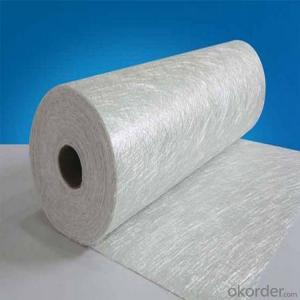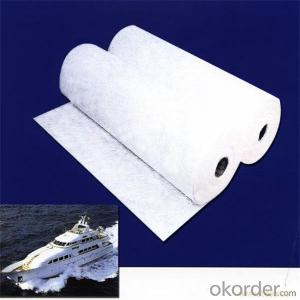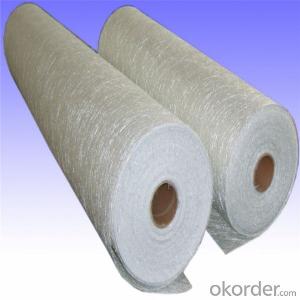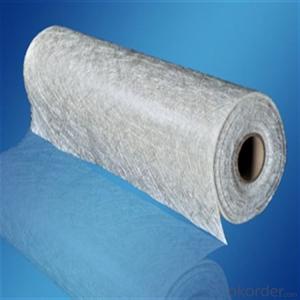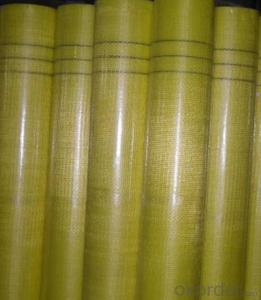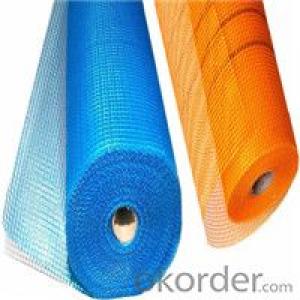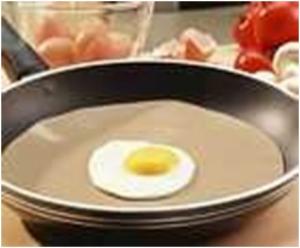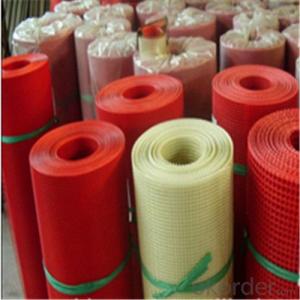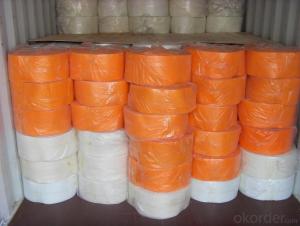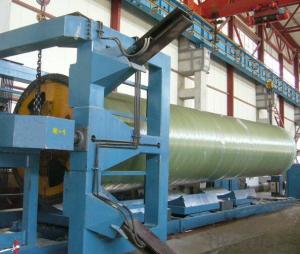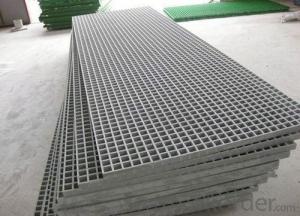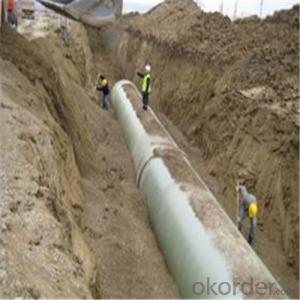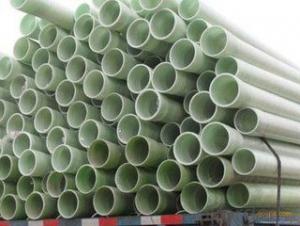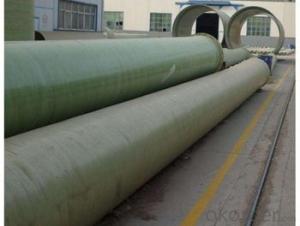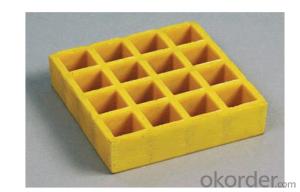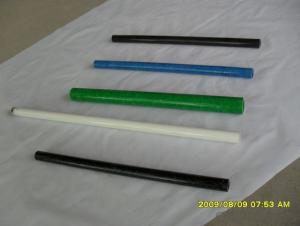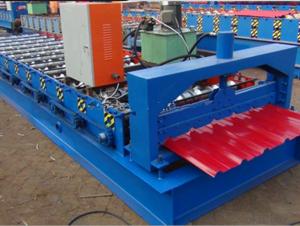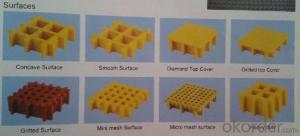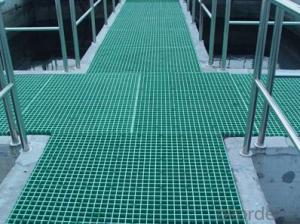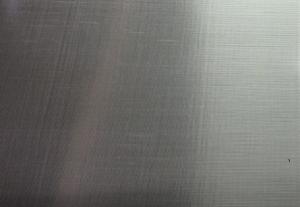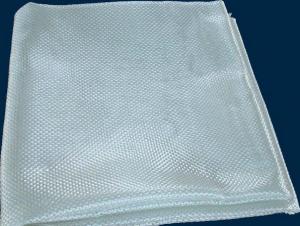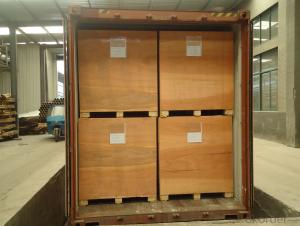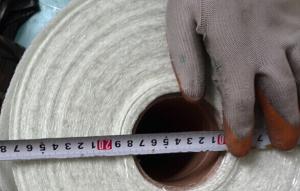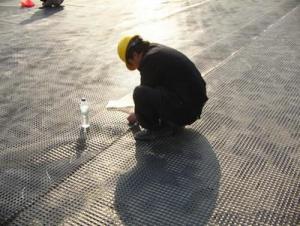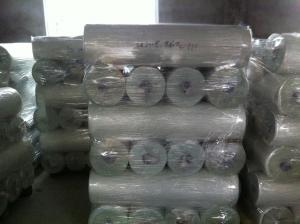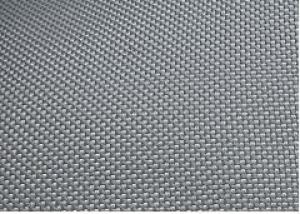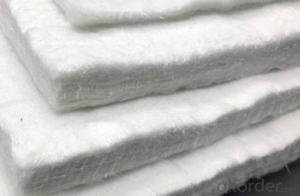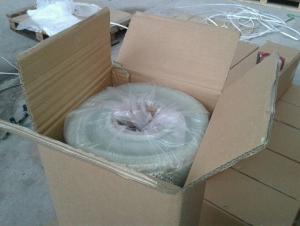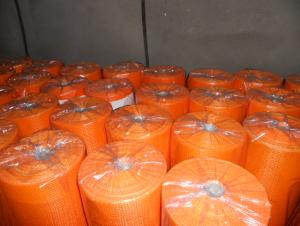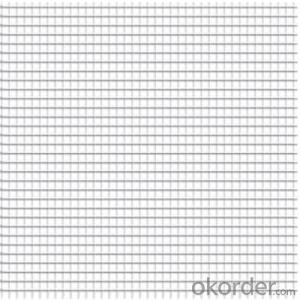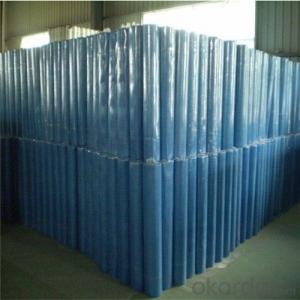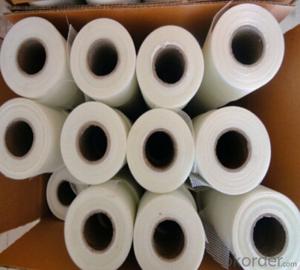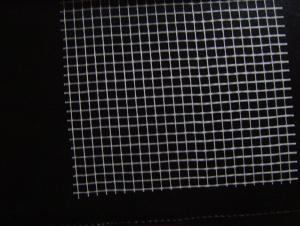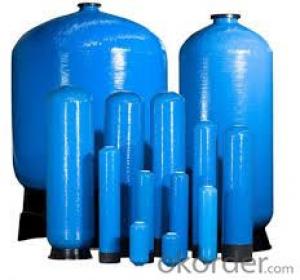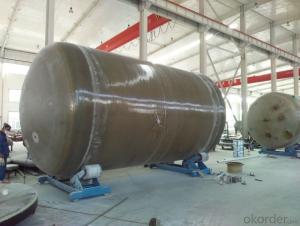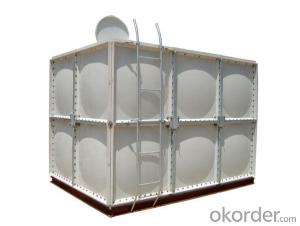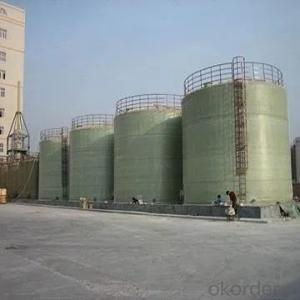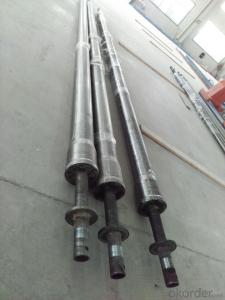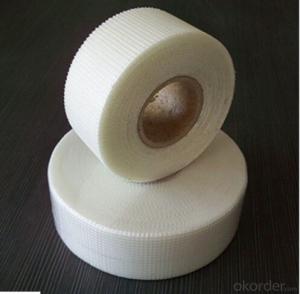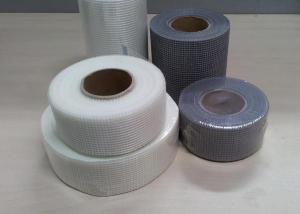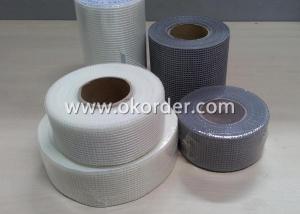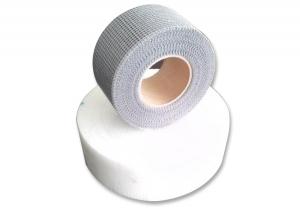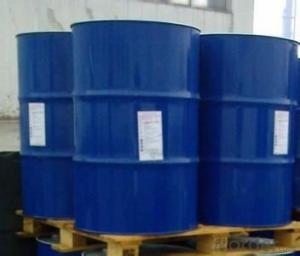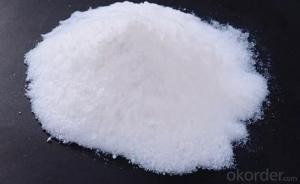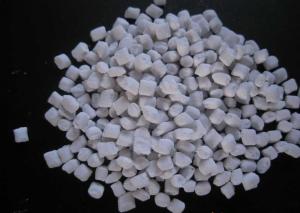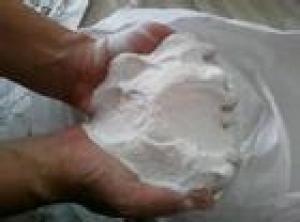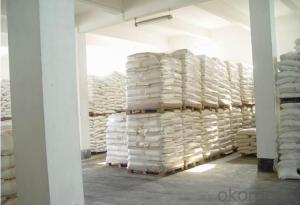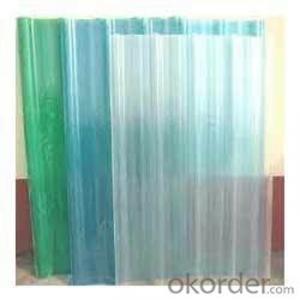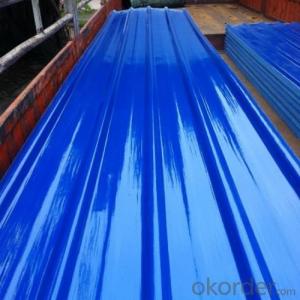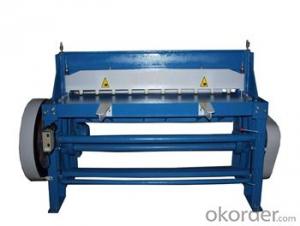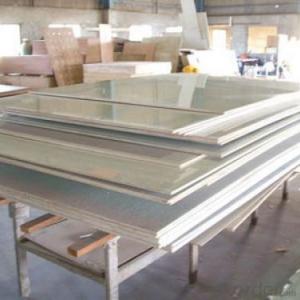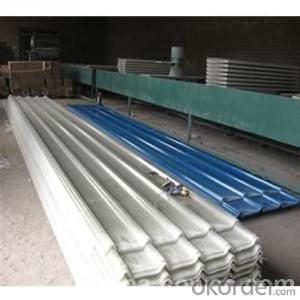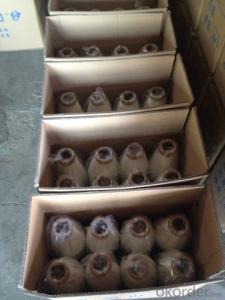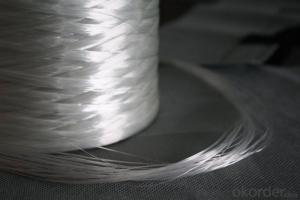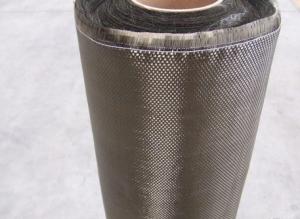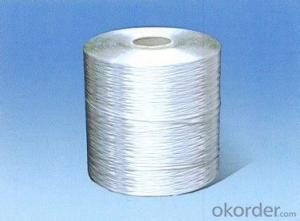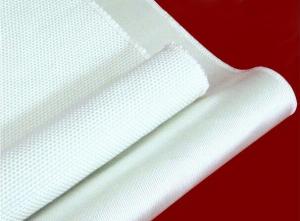All Categories
- - Steel Wire Rod
- - Steel Coils
- - Steel Profiles
- - Steel Pipes
- - Stainless Steel
- - Tinplate
- - Special Steel
- - Steel Sheets
- - Steel Rebars
- - Steel Strips
- - Hot Rolled Steel
- - Cold Rolled Steel
- - Pre-painted Steel
- - Seamless Steel Pipe
- - Welded Steel Pipe
- - Hollow Steel Tubes
- - Galvanized Pipe
- - Stainless Steel Coil
- - Stainless Steel Sheet
- - Stainless Steel Plate
- - Stainless Steel Strips
- - Electrolytic Tinplate Coil
- - Electrolytic Tinplate Sheet
- - Stainless Steel Rebars
- - Solar Panels
- - Solar Water Heater
- - Solar Related Products
- - Solar Inverter
- - Solar Cells
- - Solar Light
- - Solar Energy Systems
- - Solar Controllers
- - Solar Mounting System
- - Solar Pump
- - Solar Chargers
- - Fiberglass Chopped Strand
- - Fiberglass Mesh Cloth
- - Composite Pipes
- - FRP Pultrusion Profiles
- - Fiberglass Mat Tissue
- - Fiberglass Fabrics
- - Fiberglass Mesh
- - Composite Tank
- - Fiberglass Mesh tape
- - Polymer
- - FRP Roofing Panel
- - Fiberglass Roving
- - Monolithic Refractories
- - Ceramic Fiber Products
- - Refractory Bricks
- - Raw Materials For Refractory
- - Suspended Platform
- - Cranes
- - Concrete Machinery
- - Earthmoving Machinery
- - Building Hoist
- - Road Building Machinery
- - Plastic Pipe Fittings
- - Plastic Tubes
- - Plastic Sheets
- - Agricultural Plastic Products
- - Plastic Nets
 All Categories
All Categories
Fiberglass Chopped StrandView More
Fiberglass Mesh ClothView More
Composite PipesView More
FRP Pultrusion ProfilesView More
Fiberglass Mat TissueView More
Fiberglass FabricsView More
Fiberglass MeshView More
Composite TankView More
Fiberglass Mesh tapeView More
PolymerView More
FRP Roofing PanelView More
Fiberglass RovingView More
Q & A
Can fiberglass be repaired if it gets damaged?
Yes, fiberglass can be repaired if it gets damaged. It can be fixed by first cleaning the damaged area, removing any loose or damaged fiberglass material, and then applying a new layer of fiberglass resin. This process helps to restore the structural integrity and appearance of the damaged fiberglass.
Is fiberglass resistant to impact?
Yes, fiberglass is generally resistant to impact due to its high strength-to-weight ratio and ability to absorb and distribute impact forces.
How do you cut fiberglass sheets or fabrics accurately?
To cut fiberglass sheets or fabrics accurately, it is recommended to use a sharp utility knife or a pair of sharp scissors. Before cutting, ensure that the fiberglass is securely placed on a flat surface to prevent any movement. Measure and mark the desired cutting line using a straight edge or a measuring tape. Apply firm, even pressure while cutting, making multiple passes if necessary. Take caution to avoid applying excessive pressure that could cause the fiberglass to crack or splinter.
Can fiberglass be used for manufacturing architectural sculptures?
Yes, fiberglass can be used for manufacturing architectural sculptures. It is a versatile material that is lightweight, durable, and can be molded into various shapes and sizes, making it ideal for creating intricate and large-scale sculptures for architectural purposes. Additionally, fiberglass is resistant to weathering and can be finished with a variety of textures and finishes to achieve the desired aesthetic.
How does fiberglass supply compare to other materials like steel or aluminum?
Fiberglass supply offers several advantages over materials like steel or aluminum. Firstly, fiberglass is lightweight, making it easier to handle and transport. It is also non-corrosive, unlike steel or aluminum, which can rust or corrode over time. Additionally, fiberglass has excellent insulation properties and is non-conductive, making it ideal for electrical applications. Moreover, fiberglass is highly durable and resistant to impacts, chemicals, and UV radiation, ensuring a longer lifespan compared to steel or aluminum. Overall, fiberglass supply provides a cost-effective and versatile alternative to other materials in various industries.
Wholesale Fiberglass Supply from supplier in Lesotho
Our team is ready to assist you with any inquiries or orders you may have. Contact us today to learn more about our Fiberglass Supply products and how we can support your projects in Lesotho.
